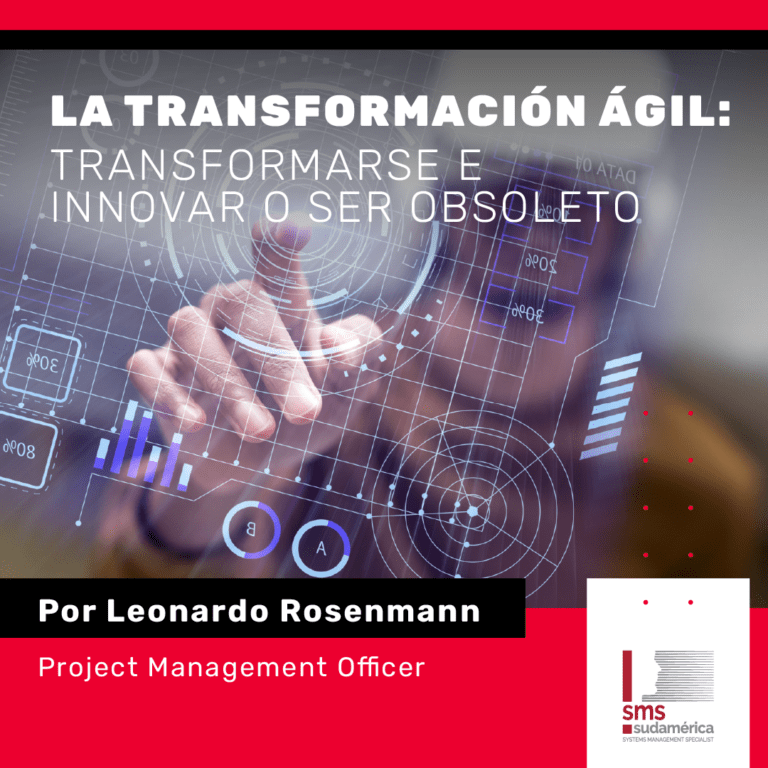In a new post-pandemic scenario where consumer expectations are evolving at an accelerated pace, agile methodologies offer the possibility of constant adaptation and the ability to provide tailored solutions efficiently, quickly and at low cost.
Prolonged confinement had a profound impact on the way companies operated, forcing them to rethink and reinvent the way they operated in order to maintain business continuity. Personally, I experienced this change firsthand when I witnessed how my company, which previously relied on analog and rigid processes, was transformed into an agile and customer-oriented environment: “innovate and transform or die” was the watchword.
Those who adopted agile approaches were able to stand out because they could test and pilot ideas quickly and cheaply, thus staying more connected to their customers despite physical constraints. Agile methodologies, such as Scrum, in my opinion, became the engine of this transformation. Instead of the long and cumbersome processes that an idea had to go through to become real, we now find ourselves with cross-functional teams, collaborating closely and delivering value on a continuous basis.
On the other hand, technology has given companies the ability to “deliver experiences” to their customers, not only to sell products and/or services but to offer tailored solutions for each case, while empowering consumers, who now expect a personalized experience. As a result, this focus has shifted from “this is what we can offer you” to “how we can help you”.
As part of the digital revolution, agile methodologies have also driven process optimization: how things get done. Flexibility and constant feedback allow companies to identify areas for improvement and adjust their approach in real-time and at a lower cost than traditional methodologies. This translates into reducing costs derived from inefficient processes and maximizing the value delivered.
In the future, new ways and methodologies will probably emerge, just as Artificial Intelligence (AI) has arrived, revolutionizing even more the way companies operate, interact with their customers, and make decisions. Today, the adoption of agile methodologies, especially in the field of technology projects, is seen as an important strategic tool in a world where transformation is the only constant.
Note by: Leonardo Rosenmann

